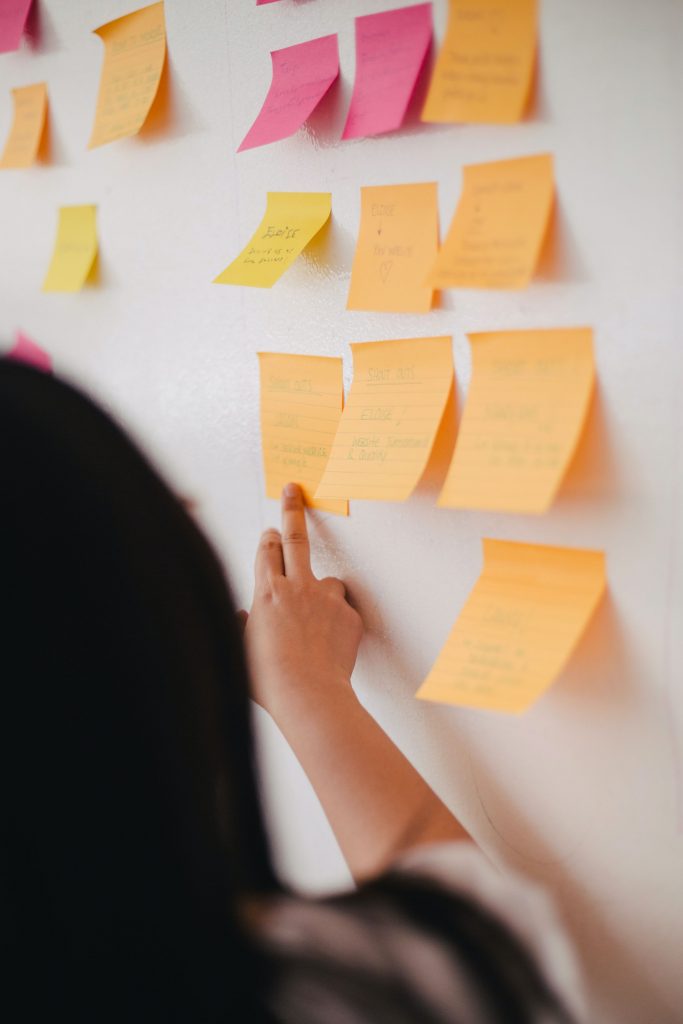
Symposium Output
The symposium will be summarized in a report that builds onto the pre-symposium background paper and virtual storyboard. The report will include key strategies and research questions identified and endorsed by the event participants as necessary to better understand and respond to climate change and ecosystem disruption in rural and remote BC. We will also create an online platform to continue conversations beyond the symposium.
Nov 30th, Day 1, Session 1
9:00 Am – 11:00 AM
| Session | Time | About |
| Welcome and Introduction | 9:00 am – 9:10 am (10 minutes) | Moderator: Stefan Grzybowski Facilitators: Arlin Cherian, Evonne Tran To introduce the context of ecosystem disruption (climate change and COVID-19) in rural BC and health impacts |
| Opening session and traditional welcome | 9:10 am – 9:30 am (20 minutes) | Elder Roberta Price |
| Panel presentations Amplifying youth voices for climate justice Youth panelists present on topics of climate change, how it impacts our current and future generations, mitigation and adaptation strategies we have in place at provincial and local levels to address climate change and ecosystem disruption. | 9:30 am – 10:15 am (50 minutes) | Panelists: Diane Kim Sila Rogan Montana Blum Holly Gale & Ciara Robison Erin Knight Urvee Karve |
| Open discussion Q&A | 10:15 am – 10:55 am (35 minutes) | Identify key issues of concerns to youth, researchable questions or opportunities for new initiatives to be generated. Participants are asked to send questions via slido.com. |
| Conclusion | 10:55 am – 11:00 am (5 minutes) | Closing remarks |
| Break | 11:00 am – 1:00 pm (2 hours) |
Nov 30th, Day 1, Session 2
1:00 PM – 2:30 PM
| Day 1, Session 2 | Time | About |
| Introductions and welcome Community Voice and System Perspectives | 1:00 pm – 1:10pm(30 minutes) | Moderator: Stefan Grzybowski Facilitators: Arlin Cherian, Sila Rogan |
| Panel presentations | 1:10 pm – 1:50 pm (40 minutes) | Panellists: Dr. Margot Parkes Laura Dewar George Abbott Dr. Darlene Sanderson Blaine Grinder |
| Open discussion Q&A | 1:50 pm – 2:25pm (35 minutes) | This is an opportunity for members from rural, remote and indigenous communities to share their understanding of the issue, health priorities and concerns. Identify key issues of concerns to rural communities in regard to mitigation/ adaptation efforts, researchable questions or opportunities for new initiatives to be generated. |
| Closing remarks | 2:25 pm – 2:30 pm (5 minutes) |
Dec 1st, Day 2, Session 3
9:00 AM – 10:30 AM
| Session | Time | About |
| Introductions and welcome Exploring Rural Health Strategies to Respond to Climate Change | 9:00 am – 9:10 am (10 min) | Moderator: Stefan Grzybowski Facilitators: Arlin Cherian, Evonne Tran |
| Panel presentations Exploring rural health strategies to respond to climate change and ecosystem disruption: – Indigenous ways of knowing and being – Community voice – Generalism – Enhanced Skills – Telehealth – Emergency preparedness | 9:10am– 9:45am (35 minutes) | Panellists Dr. Paivi Abernethy Dr. Warren Bell Dr. Melissa Lem Dr. Nelly Oelke |
| Open discussion Q&A | 9:45 am – 10:25 am (40 minutes) | Participants are asked to send questions via slido.com. |
| Conclusion | 10:25 am – 10:30 am (5 minutes) | Closing remarks |
| Break | 10:30 am – 1:00 pm (2.5 hours) |
Dec 1st, Day 2, Session 4
1:00 PM – 2:30 PM
| Session | Time | About |
| Introductions and welcome Accountability Framework and Summary of progress | 1:00 pm – 1:10 pm (10 minutes) | Moderator: Stefan Grzybowski Facilitators: Arlin Cherian, Sila Rogan |
| Panel presentations Exploring how we can practically take on responsiveness in our work. Answering the questions around how we can take on the challenge in how we can embed climate change action response into our own agenda? | 1:10 pm – 2:10 pm (60 minutes) | Panelists Dr. Courtney Howard Dr. Elizabeth Wiley Dr. Margot Parkes Dr. Robert Woollard Dr. Alan Rudiman Dr. Tim Takaro George Abbott |
| Open discussion Research Questions to Understand Rural Health Strategies Responding to Climate Change | 2:10 pm – 2:45 pm (35 minutes) | We will be brainstorming research questions that need to be answered and prioritizing these research questions according to their importance and relevance to the current healthcare context. |
| Closing Remarks and Next steps | 2:45 pm – 3:00 pm (5 minutes) | Closing remarks |